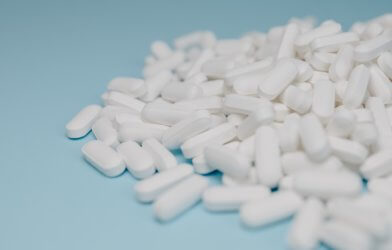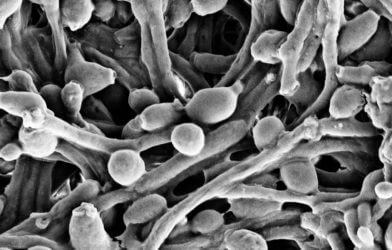
IBD

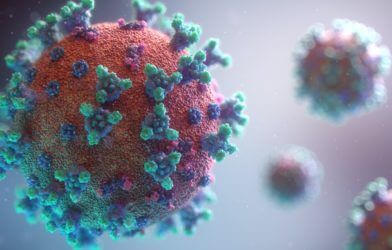
IBD treatment could also help prevent severe COVID-19 in patientsMay 31, 2022
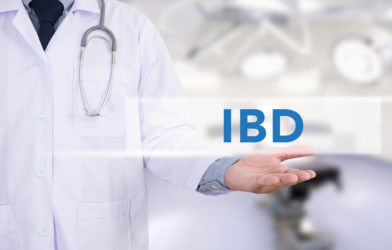
Antibiotics may trigger IBD in older adults, study showsMay 18, 2022

Study finds new, promising target for IBD treatmentApril 22, 2022

Glial cell discovery could open door to new treatments for IBDApril 11, 2022

Environmentally-friendly method for creating a ‘high demand’ ingredient in IBD treatmentsMarch 22, 2022
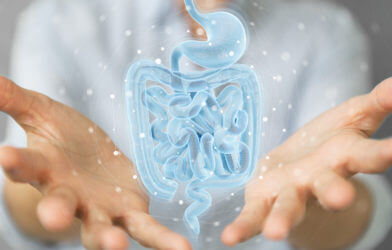
Intestinal memory discovered: Immune cells ‘trained’ to ‘remember’ diseases for future protectionMarch 22, 2022
Animal study uncovers molecular mechanism behind colon pain, inflammationMarch 21, 2022
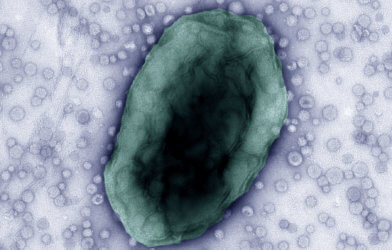
Scientists create ‘snapshot’ of how gut microbiome communicates with immune cells; could lead to IBD treatmentMarch 16, 2022
